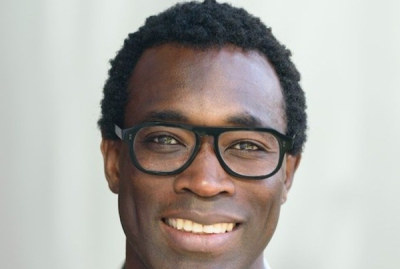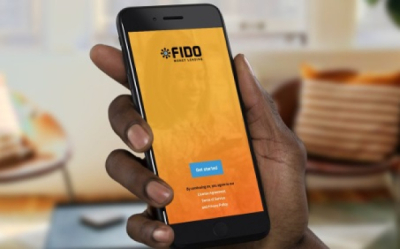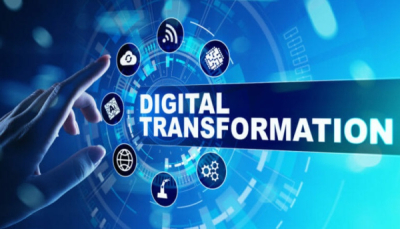The adoption of digital health tools represents a significant opportunity for African economic development. By improving healthcare access and efficiency, these innovations can drive broader socioeconomic progress and help bridge the development gap with other regions.
The African Export-Import Bank (Afreximbank) and MobiHealthCare Limited (MobiHealth) have signed a $1.5 million agreement to expand MobiHealth's telemedicine services in Nigeria and explore feasibility in Egypt, Ghana, Kenya, and Côte d'Ivoire, Afreximbank announced May 21.
For Mrs. Kanayo Awani, Executive Vice President of Afreximbank, “This initiative will reshape healthcare delivery across the continent and improve equitable access to quality, affordable healthcare.”
The bank will finance activities to leverage MobiHealth’s telemedicine platform, initially piloted in Nigeria, aiming to establish a network of telemedicine clinics across Africa. The $1.5 million facility is expected to advance the project to bankability, unlocking further investments estimated at $65 million. This initiative will enhance access, efficiency, and quality of healthcare, leveraging local and diaspora medical professionals for remote diagnosis and prescriptions, benefiting underserved communities.
Afreximbank will also lead senior debt syndication and support bankable studies for the project's advancement. Supported by the Africa Investment Forum (AIF) and a $1 million grant from the United States Trade and Development Agency (USTDA), this initiative marks a significant step forward.
In its 2023 “How digital tools could boost efficiency in African health systems” report, market consultancy firm McKinsey reveals that though digital health is still in its early stages in many African regions, advancements in smartphone connectivity, data management policies, and data infrastructure are beginning to reshape the landscape of healthcare. These innovations are not just improving the delivery of health services but are also poised to enhance the efficiency of health systems significantly. It further projects that by 2030, the expanded use of digital health tools could yield up to a 15 percent increase in efficiency for African health systems. The financial savings from these efficiency gains could then be reinvested to further improve healthcare access and outcomes.
Hikmatu Bilali



















